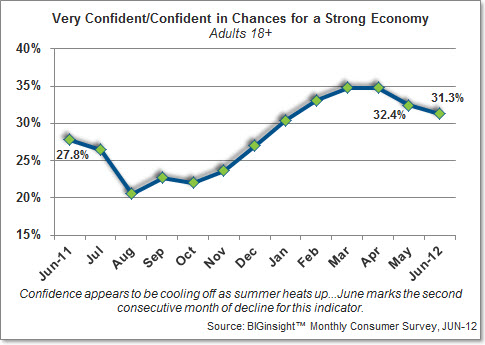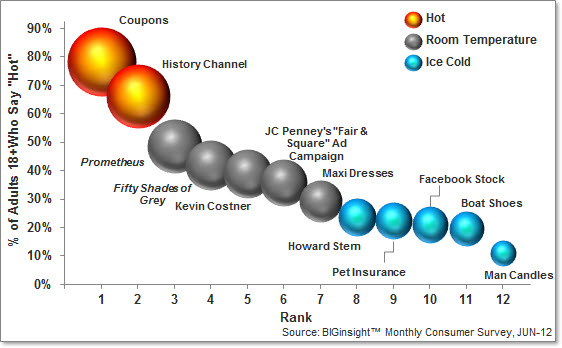I read an article about narcissism the other day. It was scary as hell. I kept saying, "That's me!" "That's not me!" "That's me!" "That's not me!"
Of course, the more I thought the article was "all about me," the more narcissistic my behavior was.
Narcissism, egotism, insecurity - they seem to be variations on a single theme. How useful -- or harmful -- is this trait (the article called it a personality disorder) to performers?
Ask any mentor, "What should I talk about/write about/paint about?" and the first answer is always, "What you know/Your personal experience." When do we cross the line from "creatively Sharing" to "Hopelessly self-involved?" The answer is: when your self-involvement reaches the point of forgetting the other guy/gal, when you're so busy thinking about yourself that the needs of the ones you're addressing never even occur to you, you're past that line.
"I'm avidly conscious of the people around me," I like to think, knowing it's only true most of the time. I'm capable of being so self-involved, I'm oblivious to others sending up cues. I'm also able to work so hard at pleasing someone who's important to me, I can come across as a total suck-up. These things don't happen every day, but they happen.
Then, yesterday, another characteristic of narcissism reared its painful head. The temple choir I sing with was performing in a city-wide interfaith concert. I screwed up. Singing a repetitive line one time too few, I reached the end of the song and shouted "Hey!" eight bars too early.
I could have crawled under the floor. Never mind that everyone I talked to later either didn't hear it at all, or said it was No Big Deal. I know in my heart of hearts, I'm incapable of screwing up quietly.
The radio analog to this is that one complaint you receive, amidst all the compliments. "Love your work, Jay!"
"You sounded great today, Jay!" "Loved your story about..."
"You egotist -- it's all about you, isn't it!"
Which one are you going to believe?
THERE'S the vulnerability all that self-centered activity has been erected to cover.
Insecurity is a part of narcissim, and expresses itself as a need for validation from others. Everyone loves to be complimented or, when the chips are down, forgiven. But for us, it's a matter of degree. Only the passage of time will dull the embarrassment I went to bed with last night, and woke up thinking about. Yes, it's all about me...
Now, let's try putting the brightest possible face on this. This sensitivity, this awareness of self, this need to talk about ourselves in public -- it may cause us to be seen as egotists, it may make us "difficult to work with," and yes, it surely makes me oblivious, sometimes, to what everyone else can see. But it also makes me interesting, appealing and entertaining. Take the microscope with which I constantly examine my own life and feelings; use it to reflect my creativity and my joy of expression, and you've almost got a performer capable of enthralling, at least occasionally.
There's another other critical ingredient, I believe... Maybe I can't change who I am, but knowing the personality trait that puts others off -- audiences, colleagues, lovers, friends -- I can bend over backwards to make it work for me. Our first instinct is to ask, "What does he/she think of me." Our second is, "How can I please him/her?" Our third is "What does he/she need or want?" That third one is the useful one for us performers.
Awareness of others -- whom you're affecting and how -- the other person's needs... It comes so naturally to some. I grieve that I have to work at it -- and even then, I don't always get it right. When I do, I can be ten feet tall and bullet-proof for a day. When I screw up, I'll be wounded long after everyone else has forgotten. When I focus on the needs of the people around me, I can please them to the point of worship. When I lose sight of them, I'm just another long-winded egotist.
-- another Jay Trachman treasure (this one from November 2002)























